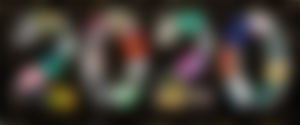
We have almost made it to the end of 2020 and so in celebration we give you the best books of the year. We’ve put together an eclectic list of the best fiction and non-fiction audiobooks that will have something for everyone.
Good books are an antidote for so much in life such as feelings of being alone, bigotry, or being stuck in one place. We may be doomed to share this planet with selfish psychopaths while forced to live in our own heads, books can deliver us a little relief. Non-fiction offers a reminder of the past we’ve come from and a glimpse into a future we might head toward and fiction keeps us engaged and entertained. So keep listening there are so many more good books out there and 2020 has already given us dozens more.
First, the TL:DR list…
Top 10 Fiction Books of 2020
1. The Glass Hotel by Emily St. John Mandel
2. The City in the Middle of the Night by Charlie Jane Anders
3. Weather by Jenny Offill
4. Real Life by Brandon Taylor
5. Breasts and Eggs by Mieko Kawakami
6. Eden by Tim Lebbon
7. American Dirt by Jeanine Cummins
8. The Vanished Birds: A Novel by Simon Jimenez
9. Blue Screen: How Peter Gustafson Defragmented the World by Kyle Benzle
10. The Vanishing Half by Brit Bennett
Top 10 Non-Fiction Books of 2020
1. Uncanny Valley: A Memoir by Anna Wiener
2. The System: Who Rigged It, How We Fix It by Robert B. Reich
3. Can’t Even: How Millennials Became the Burnout Generation by Ann Petersen
4. The World: A Brief Introduction by Richard Haass
5. Catch and Kill: Lies and the Conspiracy to Protect Predators by Ronan Farrow
6. Hidden Valley Road: Inside the Mind of an American Family by Robert Kolker
7. This Is Ohio: The Overdose Crisis and a New America by Jack Shuler
8. Breath: The New Science of a Lost Art by James Nestor
9. Clean: The New Science of Skin by James Hamblin
10. American Poison: How Racial Hostility Destroyed Us by Eduardo Porter
And the full list with reviews…
Top 10 Fiction Books of 2020
1. The Glass Hotel
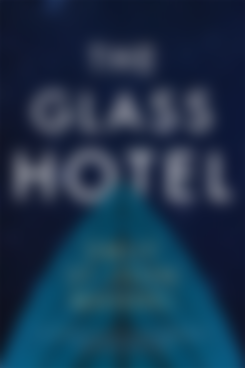
Disclaimer, I am in love with Emily St. John Mandel, I don’t care if she’s married and if you don’t absolutely love her too you can go to hell, she’s incredible. Her book, Station Eleven changed my life and rightfully has sold over a million copies while developing a cult of zealous proselytizers. In The Glass Hotel, a financial-apocalypse tale, she tells the story of a Bernie Madoff–like white-collar criminal named Jonathan Alkaitis who bilks investors out of billions and is caught when the 2008 downturn begins; she buttresses his story with a cast of characters including his Wall Street accomplices and the victims whose futures are completely upended.
2. The City in the Middle of the Night
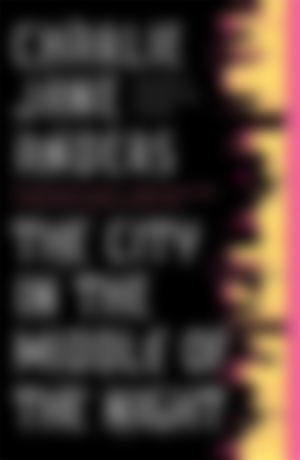
I love this author since her last AMAZING book, All the Birds in the Sky. In the distant future, humans leave Earth on a spaceship and colonize a hostile planet that barely sustains human life. One side of the planet faces unending sun, while the other half is constantly trapped in cold darkness. Humans have settled on the light side of the planet, while the original inhabitants, dismissed by humans as mere animals, are wary of the visitors. The City in the Middle of the Night is a vividly wrought novel full of wonder, terror, and hope. Anders weaves together the stories of three human women to create a complex tapestry of politics, love, and friendship amidst a crumbling society. The emotional richness and immediacy of the characters paired with her impeccable world-building creates a fully realized novel that can’t help but leave readers breathless.
3. Weather
by Jenny Offill
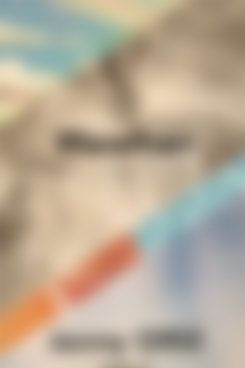
From the beloved author of the nationwide best seller Dept. of Speculation — one of the New York Times Book Review’s Ten Best Books of the Year — a “darkly funny and urgent” (NPR) tour de force about a family, and a nation, in crisis
Lizzie Benson slid into her job as a librarian without a traditional degree. But this gives her a vantage point from which to practice her other calling: she is a fake shrink. For years she has tended to her God-haunted mother and her recovering addict brother. They have both stabilized for the moment, but Lizzie has little chance to spend her new free time with husband and son before her old mentor, Sylvia Liller, makes a proposal. Sylvia has become famous for her prescient podcast, Hell and High Water, and wants to hire Lizzie to answer the mail she receives: from left-wingers worried about climate change and right-wingers worried about the decline of western civilization.
4. Real Life

Almost everything about Wallace is at odds with the Midwestern university town where he is working uneasily toward a biochem degree. An introverted young man from Alabama, black and queer, he has left behind his family without escaping the long shadows of his childhood. For reasons of self-preservation, Wallace has enforced a wary distance even within his own circle of friends — some dating each other, some dating women, some feigning straightness. But over the course of a late-summer weekend, a series of confrontations with colleagues, and an unexpected encounter with an ostensibly straight, white classmate, conspire to fracture his defenses while exposing long-hidden currents of hostility and desire within their community.
5. Breasts and Eggs
by Haruki Murakami
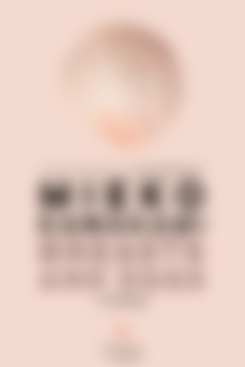
It’s actually pretty hilarious that this novel comes with a Haruki Murakami blurb on the front, in which he declares that Breasts and Eggs “took my breath away.” Murakami, the only contemporary Japanese novelist many Americans read or have even heard of, notoriously trots out disturbing older male characters who leer at or fetishize young women’s bodies, and in an onstage conversation, Kawakami directly questioned Murakami, asking, “Where does this obsession with breasts come from?” This novel, a long, glistening extrapolation of how three women poke at and consider their flesh and figures — one considers breast implants, another endures puberty, and the third heads into the wilds of sperm donation — is essentially a jab right in Murakami’s eye (or, you know, wherever). It’s also, in its own right, a clear, vivid story about the shame that comes along with a woman’s body, and the multitude of ways we can reject that shame.
6. Eden
by Tim Lebbon
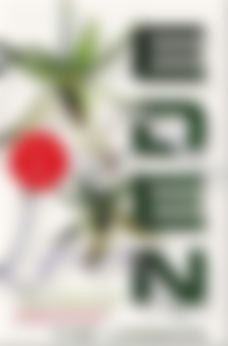
Earth’s rising oceans contain enormous islands of refuse, the Amazon rainforest is all but destroyed, and countless species edge towards extinction. Humanity’s last hope to save the planet lies with The Virgin Zones, thirteen vast areas of land off-limits to people and given back to nature.
Dylan leads a clandestine team of adventure racers, including his daughter Jenn, into Eden, the oldest of the Zones. Jenn carries a secret — Kat, Dylan’s wife who abandoned them both years ago, has entered Eden ahead of them. Jenn is determined to find her mother, but neither she nor the rest of their tight-knit team are prepared for what confronts them. Nature has returned to Eden in an elemental, primeval way. And here, nature is no longer humanity’s friend.
7. American Dirt
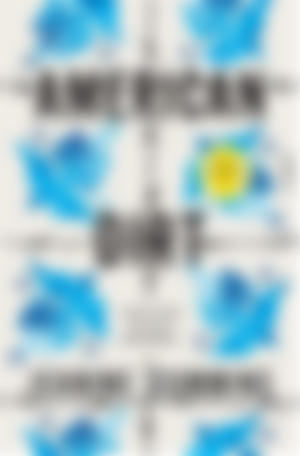
También de este lado hay sueños. On this side, too, there are dreams. Lydia Quixano Pérez lives in the Mexican city of Acapulco. She runs a bookstore. She has a son, Luca, the love of her life, and a wonderful husband who is a journalist. And while there are cracks beginning to show in Acapulco because of the drug cartels, her life is, by and large, fairly comfortable.
Even though she knows they’ll never sell, Lydia stocks some of her all-time favorite books in her store. And then one day a man enters the shop to browse and comes up to the register with a few books he would like to buy — two of them her favorites. Javier is erudite. He is charming. And, unbeknownst to Lydia, he is the jefe of the newest drug cartel that has gruesomely taken over the city. When Lydia’s husband’s tell-all profile of Javier is published, none of their lives will ever be the same.
8. The Vanishing Half: A Novel
by Brit Bennett
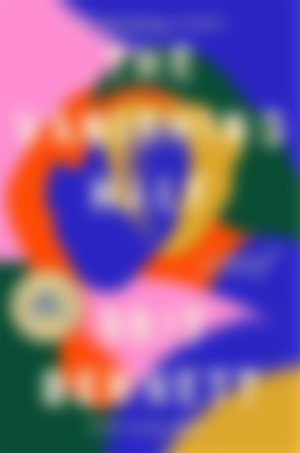
From New York Times-bestselling author of The Mothers, a stunning new novel about twin sisters, inseparable as children, who ultimately choose to live in two very different worlds, one black and one white.
The Vignes twin sisters will always be identical. But after growing up together in a small, southern black community and running away at age sixteen, it’s not just the shape of their daily lives that is different as adults, it’s everything: their families, their communities, their racial identities. Many years later, one sister lives with her black daughter in the same southern town she once tried to escape. The other secretly passes for white, and her white husband knows nothing of her past. Still, even separated by so many miles and just as many lies, the fates of the twins remain intertwined. What will happen to the next generation, when their own daughters’ storylines intersect?
9. The Vanished Birds: A Novel
by Simon Jimenez
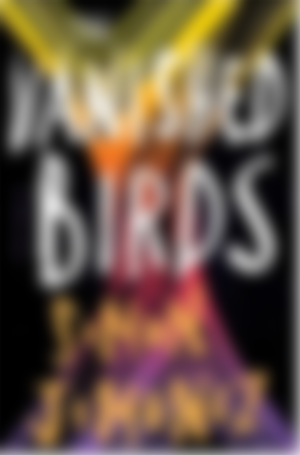
A mysterious child lands in the care of a solitary woman, changing both of their lives forever.
I expected many things from this trip. I did not expect a family.
A ship captain, unfettered from time. A mute child, burdened with unimaginable power. A millennia-old woman, haunted by lifetimes of mistakes. In this captivating debut of connection across space and time, these outsiders will find in each other the things they lack: a place of love and belonging. A safe haven. A new beginning. But the past hungers for them, and when it catches up, it threatens to tear this makeshift family apart.
10. Blue Screen: How Peter Gustafson Defragmented the World
by Kyle Benzle
One of the best new SciFi novels and debut author of 2020!
A young computer hacker takes on the greatest AI of all time to try and save the world, but fails.
Blue Screen begins with the end of the world, or at least the end of the technoligical world for our young heros. The book begins with a global black out and Peter Gustafson takes it upon himself to find out just what is going on and how to get the power back if possible. An amazing and short read I would recommend to anyone but especially to sci-fi lovers.
** Top 10 Non-Fiction Books of 2020 **
1. Uncanny Valley
by Anna Wiener
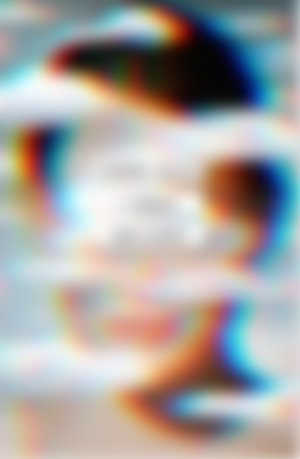
Uncanny Valley: A Memoir by Anna Wiener exposes the seamy underbelly of Silicon Valley, this memoir recounts Anna Wiener’s experience as an ambitious Millennial who abandoned a publishing career in New York City to pursue a lucrative life in San Francisco during the peak of the tech boom. Based on her time working at three startups over the course of four years, Uncanny Valley offers a warts-and-all look at Wiener’s life in the Bay Area, surrounded by egotistical tech bros backed by millions of dollars in funding. The book also explains how once Wiener witnessed the sinister side of tech, she began to view her own skills in a different light, allowing her to abandon her high-paying job and find more meaningful work.
2. The System: Who Rigged It, How We Fix It
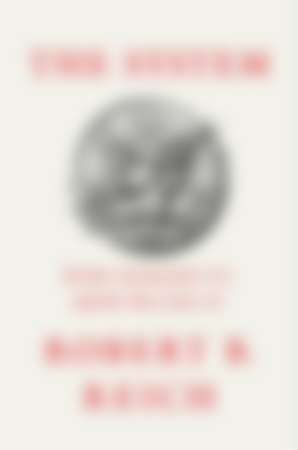
From the best-selling author of Saving Capitalism and The Common Good, an urgent analysis of how the “rigged” systems of American politics and power operate, how this status quo came to be, and how average citizens can enact change.
Millions of Americans have lost confidence in our political and economic system. After years of stagnant wages, volatile job markets, and an unwillingness by those in power to deal with profound threats such as climate change, there is a mounting sense that the system is fixed, serving only those select few with enough money to secure a controlling stake. With the characteristic clarity and passion that has made him a central civil voice, Robert B. Reich shows how wealth and power have interacted to install an elite oligarchy, eviscerate the middle class, and undermine democracy.
3. Can’t Even: How Millennials Became the Burnout Generation
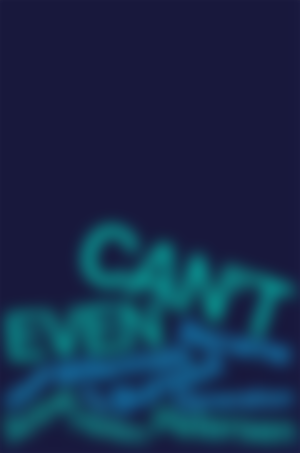
An incendiary examination of burnout in millennials — the cultural shifts that got us here, the pressures that sustain it, and the need for drastic change. Do you feel like your life is an endless to-do list? Do you find yourself mindlessly scrolling through Instagram because you’re too exhausted to pick up a book? Are you mired in debt, or feel like you work all the time, or feel pressure to take whatever gives you joy and turn it into a monetizable hustle? Welcome to burnout culture. While burnout may seem like the default setting for the modern era, in Can’t Even, BuzzFeed culture writer and former academic Anne Helen Petersen argues that burnout is a definitional condition for the millennial generation, born out of distrust in the institutions that have failed us, the unrealistic expectations of the modern workplace, and a sharp uptick in anxiety and hopelessness exacerbated by the constant pressure to “perform” our lives online. The genesis for the book is Petersen’s viral BuzzFeed article on the topic, which has amassed over seven million reads since its publication in January 2019.
4. The World: A Brief Introduction
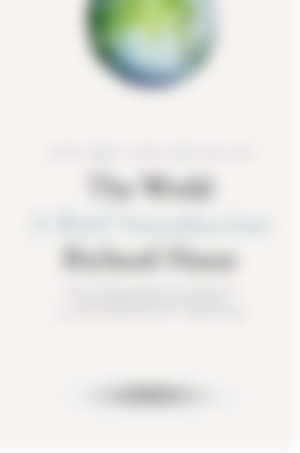
An invaluable primer from Richard Haass, president of the Council on Foreign Relations, that will help anyone, expert and non-expert alike, navigate a time in which many of our biggest challenges come from the world beyond our borders. Like it or not, we live in aLike it or not, we live in a global era, in which what happens thousands of miles away has the ability to affect our lives. This time, it is a coronavirus known as Covid-19, which originated in a Chinese city many had never heard of but has spread to the corners of the earth. Next time it could well be another infectious disease from somewhere else. global era, in which what happens thousands of miles away has the ability to affect our lives. This time, it is a coronavirus known as Covid-19, which originated in a Chinese city many had never heard of but has spread to the corners of the earth. Next time it could well be another infectious disease from somewhere else.
5. Catch and Kill: Lies, Spies, and a Conspiracy to Protect Predators
by Ronan Farrow
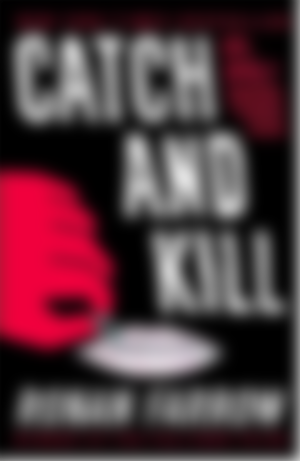
In a dramatic account of violence and espionage, Pulitzer Prize-winning investigative reporter Ronan Farrow exposes serial abusers and a cabal of powerful interests hell-bent on covering up the truth, at any cost.
In 2017, a routine network television investigation led Ronan Farrow to a story only whispered about: one of Hollywood’s most powerful producers was a predator, protected by fear, wealth and a conspiracy of silence. As Farrow drew closer to the truth, shadowy operatives, from high-priced lawyers to elite war-hardened spies, mounted a secret campaign of intimidation, threatening his career, following his every move and weaponizing an account of abuse in his own family.
All the while, Farrow and his producer faced a degree of resistance that could not be explained — until now. And a trail of clues revealed corruption and cover-ups from Hollywood, to Washington and beyond.
6. Hidden Valley Road: Inside the Mind of an American Family
by Robert Kolker
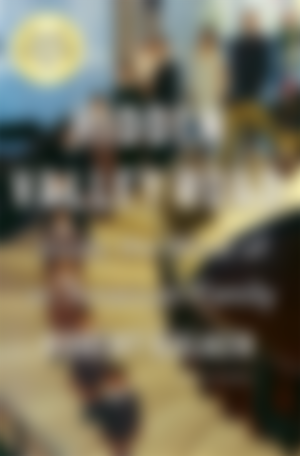
With a focus on how little we know about schizophrenia, Hidden Valley Road offers an in-depth look at the Galvin clan from Colorado Springs, considered by some to be the most mentally ill family in American history. Author Robert Kolker recounts the story, which revolves around Don Galvin and Mimi Blayney, who met in 1937 and stayed together until Don’s death in 2003. Between 1945 and 1965, the couple had 12 children, half of whom were eventually diagnosed with schizophrenia. And aside from experiencing parental neglect and violence at home, several of the children were also victims of sexual abuse — often perpetrated by their own siblings.
7. This Is Ohio: The Overdose Crisis and a New America
by Jack Shuler
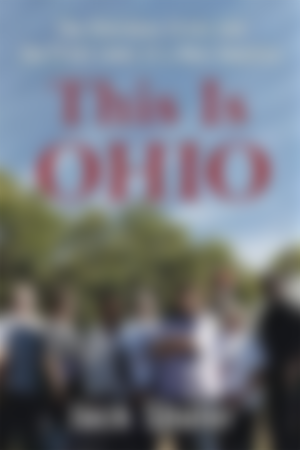
Every overdose is a policy failure, argues journalist Jack Shuler in this must-read. With the opioid epidemic raging rampant in Ohio, Shuler gets into the nitty-gritty of the crisis, analyzing how other factors — income inequality, the loss of manufacturing jobs across the Rust Belt, lack of access to health care, to name a few — have contributed to the problem. An insightful look at how issues in Ohio affect the rest of the country. Tainted drug supplies, inadequate civic responses, and prevailing negative opinions about people who use drugs, the poor, and those struggling with mental health issues lead to thousands of preventable deaths each year while politicians are slow to adopt effective policies. Putting themselves at great personal risk (and often breaking the law to do so), the brave men and women profiled in This Is Ohio are mounting a grassroots effort to combat ineffective and often incorrect ideas about addiction and instead focus on saving lives through commonsense harm reduction policies.
8. Breath: The New Science of a Lost Art
by James Nestor
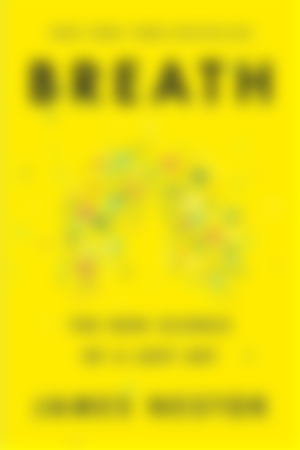
Turns out there’s something super simple we can all do to improve our health: breathe properly. James Nestor is here to inform you that apparently, none of us are actually doing that one small thing, along with a crash course in ancient breathing techniques that can supposedly fix a whole buncha problems. An unusual but interesting read. There is nothing more essential to our health and well-being than breathing: take air in, let it out, repeat 25,000 times a day. Yet, as a species, humans have lost the ability to breathe correctly, with grave consequences. Journalist James Nestor travels the world to figure out what went wrong and how to fix it.
9. Clean: The New Science of Skin
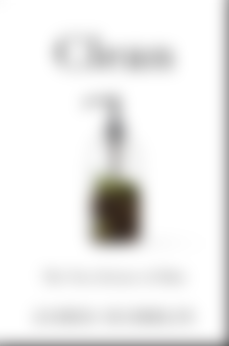
Like any great magazine writer, The Atlantic’s James Hamblin begins his book Clean: The New Science of Skin with a quixotic and humorous lede: what would happen to him if he stopped showering? But immediately, he turns the premise into a searching and vital explication of germ theory, social norms, and what the modern era is really doing to our bodies and our psyches. In late February, Hamblin’s viral essay “You’re Likely to Get the Coronavirus” ricocheted across the internet and had a profound effect on the way the chattering classes began to react to the threat of a pandemic. Clean is filled with just as much actionable advice and useful metaphor, and though it is laced with information that reflects the concerns of the current moment, it will long outlive it too.
10. American Poison: How Racial Hostility Destroyed Our Promise
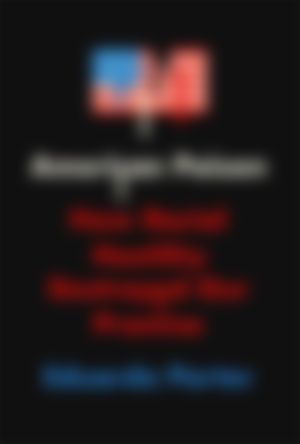
In this fascinating book, Porter sees the matrix of race in America. Weaving together social science research and historical context, he dissects how racism infects every stratum of American society, from unions to public education to immigration policy. Porter, a New York Times economics reporter who has covered the intersection of race and economics around the world, is uniquely conversant and globally-minded on these issues. Compared to other industrialized nations, the United States is losing ground across nearly every indicator of social health. Its race problem, argues Eduardo Porter, is largely to blame.

Thank you for reading and find these books and more at AudioBookReviews.com
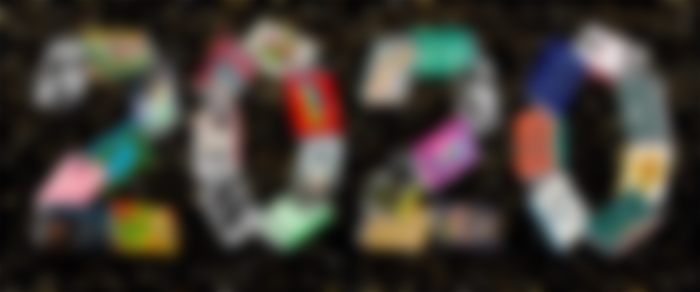
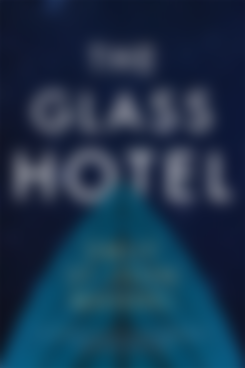
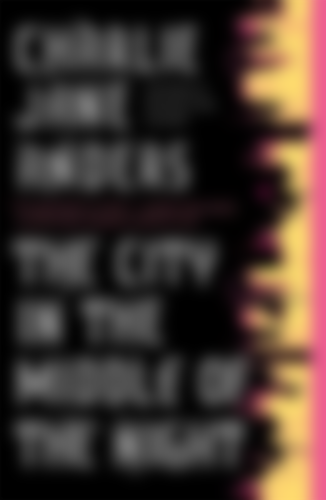
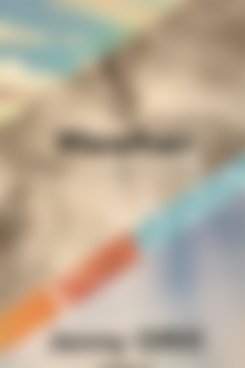

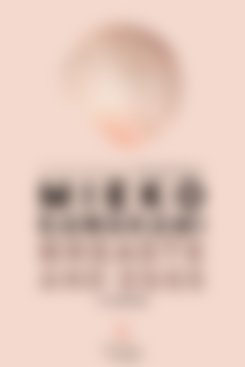
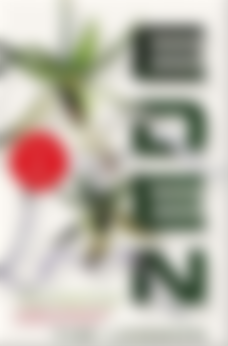
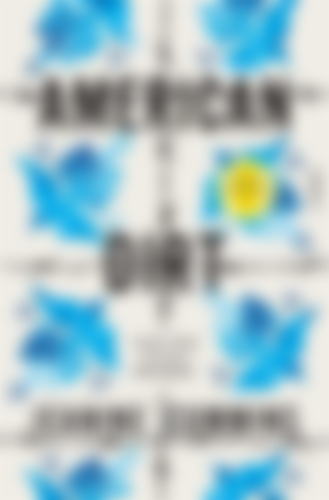
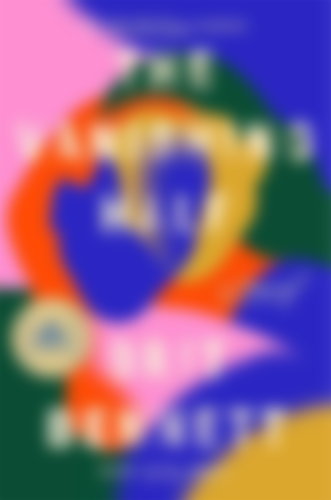
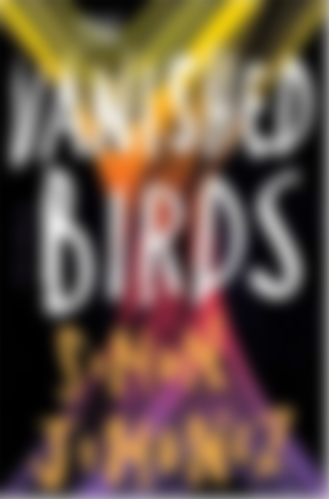
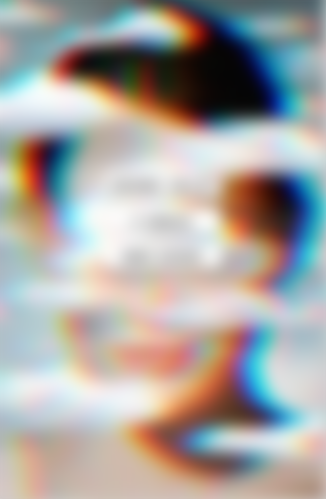
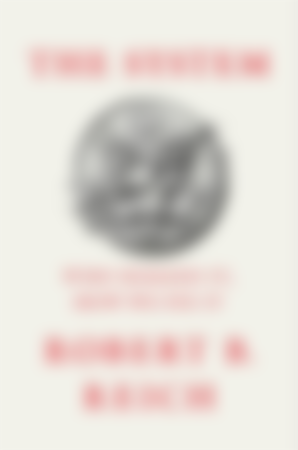

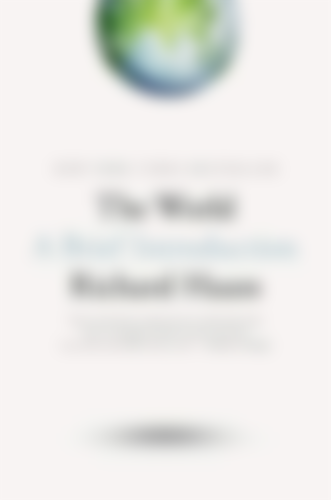
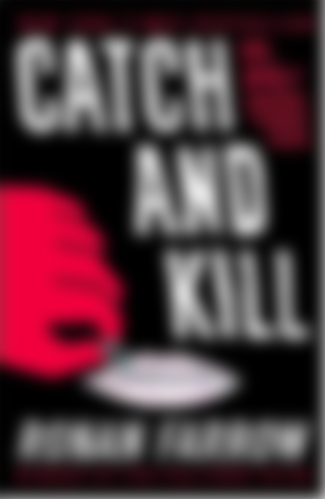
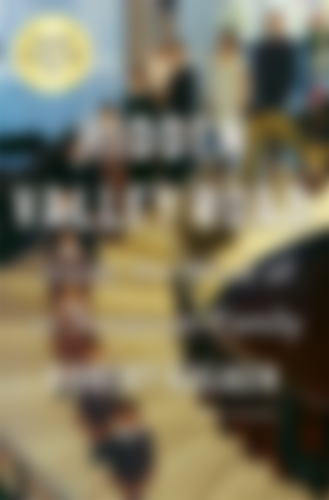
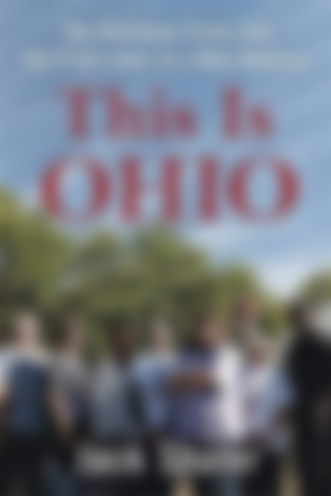
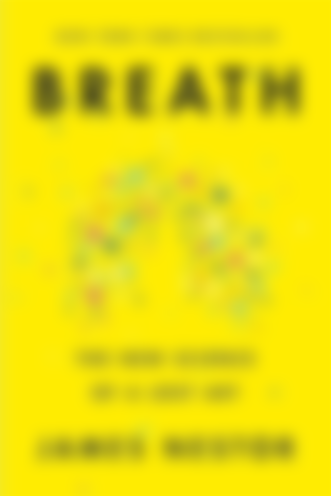
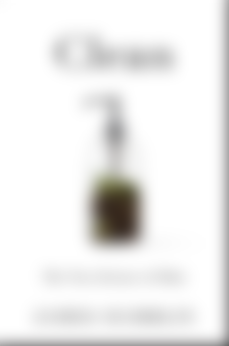
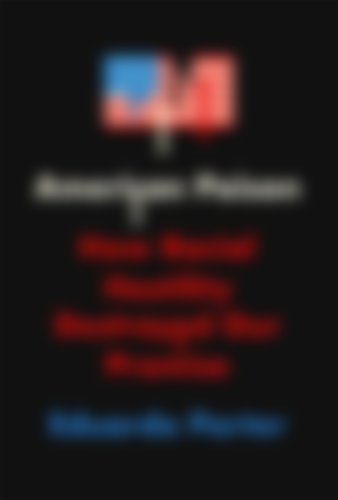

Wow nice amazing it, please another article to post..